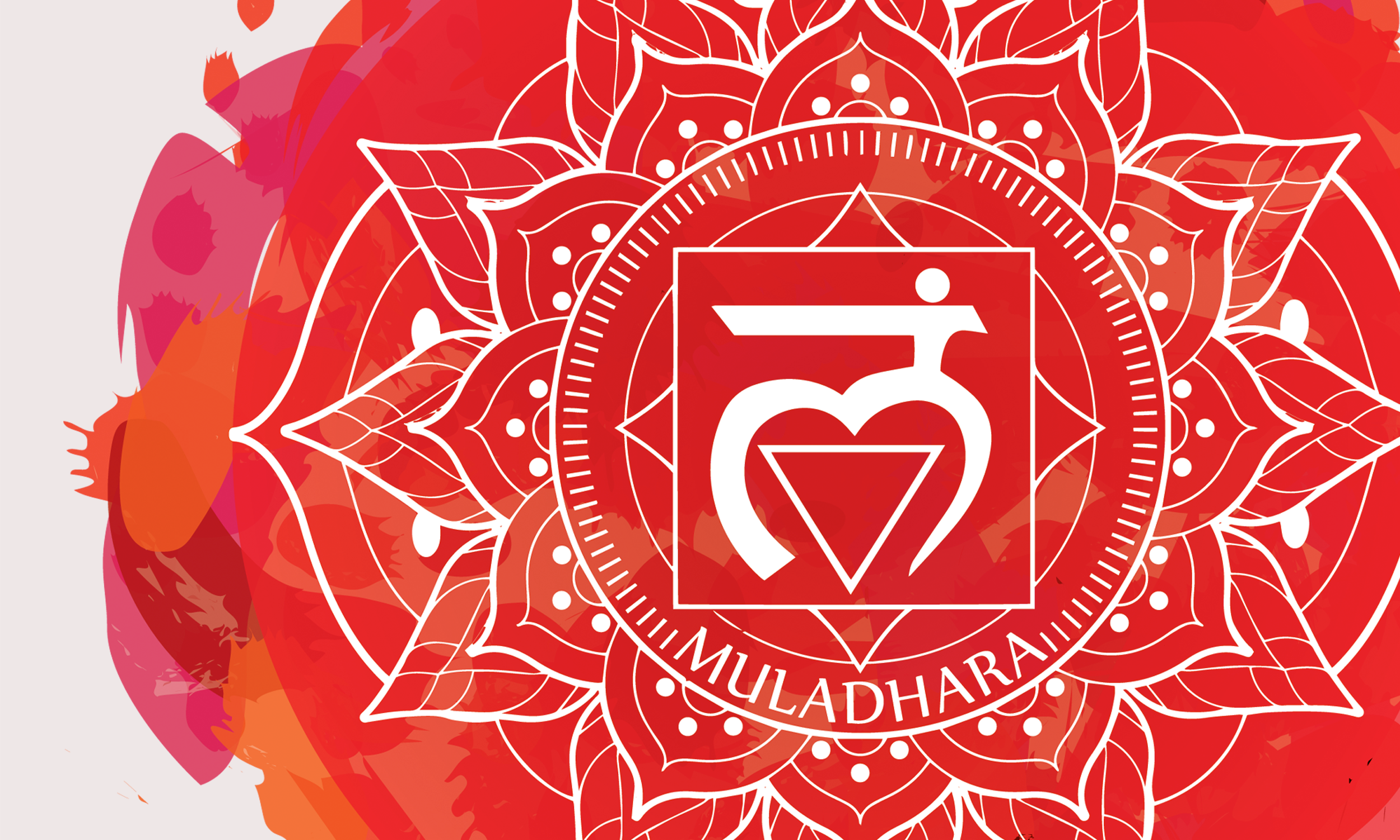I AM
Existence. Safety. Survival.
Muladhara (meaning “root support”)

Muladhara (meaning “root support”)
Comes from the words Mula, which means root and Dhara, which means support. Located at the very base of your spine, is the most common chakra to be weakened. It deals with physical survival, safety, security, fear, and insecurity.
The quartet of petals symbolizes the cardinal directions – north, south, east, and west. They are also understood to signify the four types of joy and the four aspects of the psyche, namely, mind (manas), intellect (buddhi), consciousness (chitta), and ego (ahamkara). The square is a symbol of the Earth, demonstrating solidity and base. The inverted triangle represents the anchoring, stabilizing energy and is also a reflection of the feminine principle.
Color:
Note:
Glands:
Mudras:
Element:
Obstacle:
Sense:
Physical Symptoms:
Emotional Symptoms:
Mental Symptoms:
Spiritual Symptoms:
Associated With:
Chakra Development:
When Balanced:
When Underactive:
When Overactive:
Causes of Blocks:
Chakra Traumas:
To learn more about open, closed, and blocked Chakra states, check out our Chakra Overview post: Understanding the Chakra System: A Comprehensive Overview.
Leave a Reply